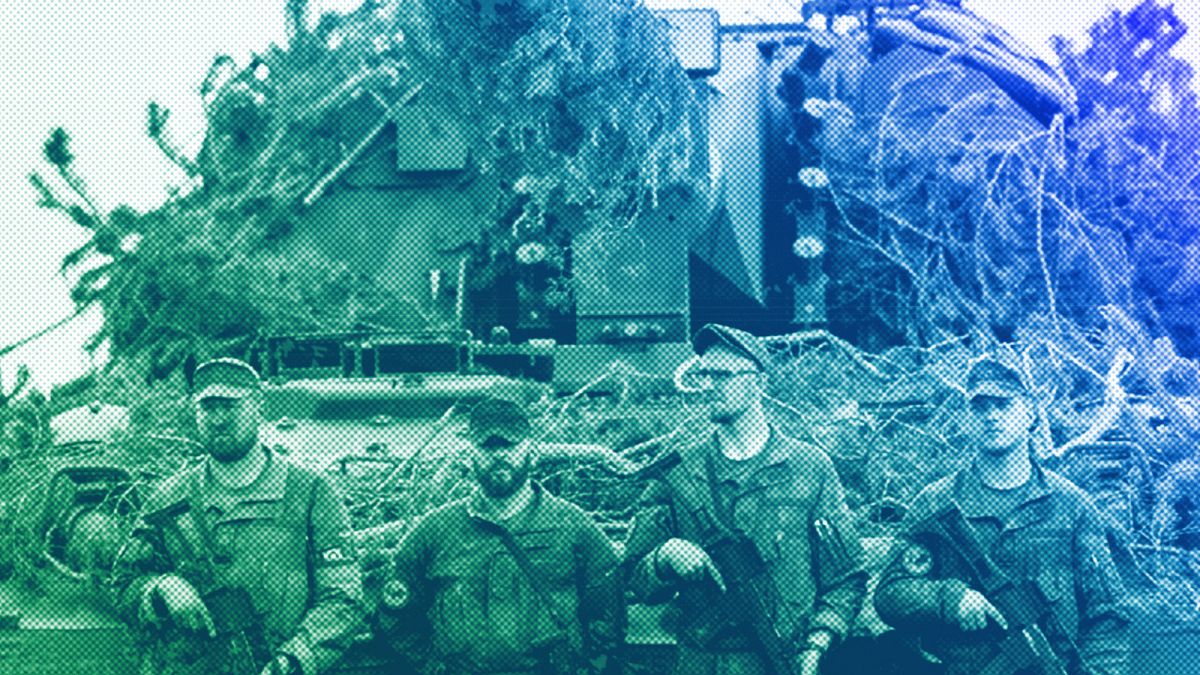In a recent article by Laurence Boone and Nicu Popescu, it is argued that the European Union must prioritize alignment of foreign and defence policies in the enlargement process. With the EU aiming to start membership negotiations with Ukraine and Moldova soon, the authors emphasize the need to integrate geopolitical and military aspects into the enlargement process, similar to how Jean Monnet integrated steel and coal industries to ensure peace in Europe.
Jean Monnet, known for his technocratic approach in establishing the EU, also played a crucial role in developing war economies during World War I and II. His belief in the necessity of military power for ensuring peace paved the way for European integration. With the ongoing war in Europe, the authors stress the importance of recognizing the role of military power and alliances in achieving peace and stability on the continent.
As Europe grapples with the challenge of becoming a geopolitical power amidst the current war, the authors argue that the enlargement process needs to be adapted to reflect this reality. While the EU has made efforts to include countries like Ukraine, Moldova, and Georgia as candidate countries, the enlargement policy needs to evolve to incorporate defence and security policies in addition to the traditional criteria of the acquis communautaire and democratic reforms.
The EU’s enlargement methodology, which has historically focused on monitoring the implementation of EU standards, must now also include a rigorous assessment of defence issues such as military spending, interoperability, and intelligence cooperation with candidate countries. The authors suggest that the EU should align its enlargement criteria with NATO standards, especially given the rise of isolationist tendencies in the US political establishment.
As NATO may not be the only route for EU candidate countries to enhance their defence capabilities, the EU must take a more proactive approach in strengthening its military cooperation with potential members. The authors propose a more intrusive approach in assessing the security and defence policies of future EU member states to ensure alignment with NATO criteria. Just as the fight against corruption is considered a fundamental criterion, defence policy alignment should also be prioritized in the enlargement process.
In conclusion, the authors call for a reevaluation of the EU’s enlargement process to include greater emphasis on foreign and defence policy alignment. The current war in Europe has highlighted the need for a more strategic approach to enlargement, one that takes into account the geopolitical challenges facing the EU. By integrating military aspects into the enlargement process, the EU can better position itself as a strong and unified force in the face of external threats and conflicts.











